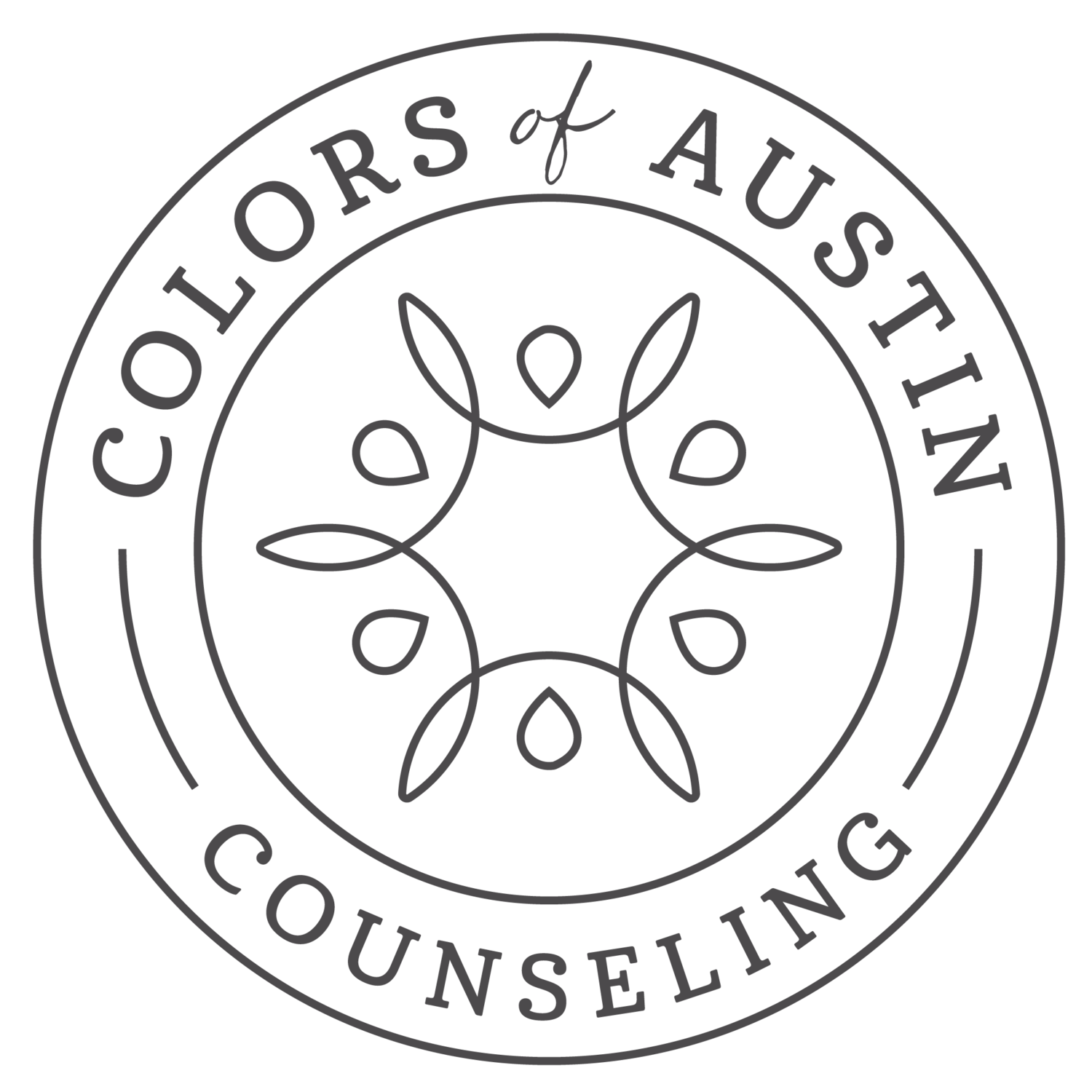What Does It Mean to Be Present?
Written by Maria Gregg, MSW, LCSW, EMDR
Words can be wonderfully complex, and "present" is a perfect example—functioning as an adjective, noun, and verb all at once. During the holiday season, we're familiar with presents: those tangible gifts we exchange. Yet a true gift is something offered freely, often without expectation of return. While I appreciate material presents, they can sometimes feel transactional and fleeting. A gift without meaning is just another object. What if the most valuable present is actually our presence—the quality of our attention when we truly connect with others?
Consider how our brains are time-traveling machines. We constantly drift away from the current moment—backwards into a landscape of regret and loss, or forwards into territories of anxiety and anticipated threats. These mental journeys are guided by narratives we unconsciously construct about past experiences and potential futures. Often, we're not even aware of how these internal stories create autopilot patterns in our relationships, preventing us from experiencing the richness of now.
Mindfulness offers a pathway back to the present. In "Meditation for Fidgety Skeptics," Dan Harris defines it beautifully: the ability to observe our thoughts without being swept away by them. As we cultivate mindfulness, we expand our capacity for genuine attention. Before social gatherings, I recommend simple grounding practices—engaging your five senses, then practicing deliberate, paced breathing. This creates a crucial space between stimulus and response, allowing us to choose how we show up.
Being truly present is an act of profound respect. It means seeing others completely—not as projections of our needs, past wounds, or current frustrations, but as whole, autonomous beings. When we stop treating people as objects or means to an end, we open the door to real connection. Mutuality emerges when we say, through our full attention, "I see you—not who I want you to be, or what I need from you, but who you are right now."
Sometimes the most radical act is simply to pay attention—to ourselves and to others. In a world of constant distraction, presence becomes a gift more meaningful than any wrapped package. It's an invitation to truly meet each other, to recognize our shared humanity in this moment.
Maria Gregg is a Licensed Clinical Social Worker in the state of Texas. She received her Master’s of Social Work in 2005 and has worked in various roles within the field of mental health and social work the past 20 years. Maria is certified in Somatic Attachment EMDR and uses Internal Family Systems and Acceptance Commitment Therapy in her approach.





